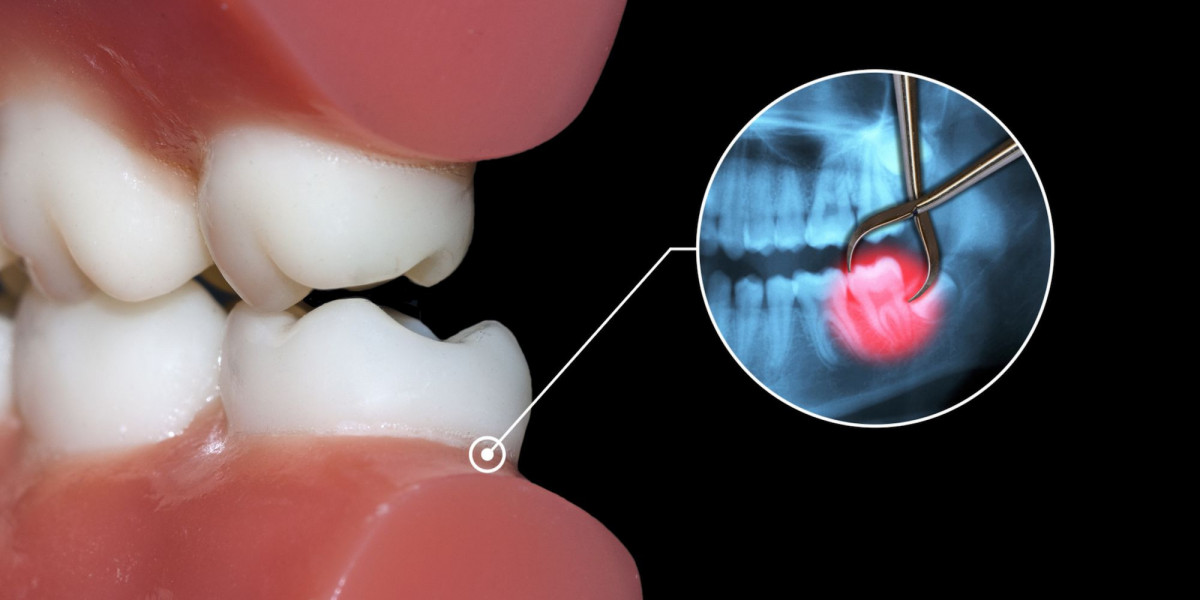Dental health has always been considered essential for maintaining a beautiful smile and strong teeth. However, recent studies and observations suggest that oral health, particularly the condition of your upper molars, may play a surprising role in your brain health. The intricate connection between the oral cavity and the brain goes beyond just infections or cavities—it touches upon neural pathways, blood flow, and systemic health. This article explores how Can Your Upper Teeth Molars Affect Your Brain Health, shedding light on this fascinating relationship.
1. The Anatomy of Upper Molars and Their Proximity to the Brain
Understanding Upper Molars
Your upper molars are the large, flat teeth at the back of your mouth, designed for grinding and chewing food. These teeth are closely situated near the maxillary sinus and other vital structures in the skull, which in turn connect to areas of the brain.
The Neural Link
The upper molars are innervated by branches of the trigeminal nerve, one of the most important cranial nerves. This nerve not only transmits sensory information from the face and oral cavity to the brain but also interacts with other brain structures, including those responsible for pain and emotional processing.
2. Can Your Upper Teeth Molars Affect Your Brain Health?
Research suggests that dental issues involving the upper molars may have a profound impact on brain health. Here’s how:
Infections and Inflammation
Infections in the upper molars, such as abscesses or advanced gum disease, can spread to nearby structures, including the sinuses and even the brain. In rare cases, untreated dental infections have led to life-threatening conditions like brain abscesses or meningitis.
Chronic Inflammation: Long-term gum disease or tooth infections trigger systemic inflammation, which is a known contributor to neurological conditions such as Alzheimer’s disease and dementia.
Trigeminal Nerve Pain
Disorders or injuries to the upper molars can irritate the trigeminal nerve, causing pain that radiates to the face, head, or even the brain. This condition, known as trigeminal neuralgia, can significantly affect quality of life and brain function.
Impact on Blood Flow and Oxygenation
Dental infections or misalignments in the upper jaw can indirectly affect blood flow and oxygenation to the brain by causing inflammation in adjacent areas. Poor oxygenation is linked to cognitive decline and other brain disorders.
3. The Role of Oral Bacteria in Brain Health
The Mouth-Brain Axis
The concept of the mouth-brain axis suggests that bacteria in the oral cavity, particularly harmful strains like Porphyromonas gingivalis (associated with gum disease), can travel to the brain through the bloodstream or cranial nerves.
How Oral Bacteria Affect the Brain
Plaque and Brain Plaques: Research has shown a correlation between oral plaque bacteria and amyloid plaques in the brain, a hallmark of Alzheimer’s disease.
Blood-Brain Barrier Breach: Oral bacteria can compromise the blood-brain barrier, making the brain more vulnerable to infections and inflammation.
4. The Impact of Upper Molars on Jaw Alignment and Neural Pathways
The alignment and health of your upper molars directly influence your bite and jaw position. Misalignments or issues such as tooth loss can lead to:
Temporomandibular Joint (TMJ) Disorders
TMJ disorders, often caused by poor dental alignment, can result in chronic headaches, migraines, and facial pain. These symptoms may affect brain function by disrupting normal neural signaling.
Stress on Neural Pathways
A misaligned bite places strain on the trigeminal nerve and surrounding muscles, potentially causing tension that radiates to the brain and impairs focus, memory, and emotional stability.
5. How to Protect Your Upper Molars and Brain Health
Maintaining the health of your upper molars is a critical step in safeguarding both oral and brain health.
1. Practice Good Oral Hygiene
Brushing, flossing, and regular dental cleanings help prevent infections and inflammation that could affect the brain.
2. Regular Dental Checkups
Routine visits to the dentist can catch early signs of gum disease, cavities, or other issues in the upper molars before they escalate.
3. Address Tooth Loss and Alignment Issues
Replace missing upper molars promptly with dental implants or bridges to prevent jaw misalignment. Correct any bite issues with orthodontic treatments like braces or aligners.
4. Manage Gum Disease Promptly
If you notice bleeding gums, swelling, or persistent bad breath, seek treatment for gum disease immediately to minimize the risk of systemic inflammation.
5. Stay Informed About Dental-Health Links
Discuss with your dentist how can your upper teeth molars affect your brain health and consider a comprehensive oral health evaluation as part of your overall health routine.
6. Emerging Research and Future Insights
As researchers delve deeper into the connection between oral health and the brain, new discoveries are likely to emerge.
Potential Therapies
Anti-Inflammatory Treatments: Targeting oral inflammation may offer a new way to protect brain health.
Microbiome Modulation: Balancing the oral microbiome could reduce the risk of bacteria-related brain conditions.
Personalized Care
Advanced diagnostics will enable dentists and neurologists to work together, offering personalized strategies to optimize both oral and brain health.
Conclusion
The connection between your upper molars and brain health underscores the importance of comprehensive oral care. Issues with these teeth can trigger a cascade of effects, from infections to neural disruptions, that impact cognitive function and overall well-being. By prioritizing oral hygiene, addressing dental concerns promptly, and staying informed, you can protect both your smile and your brain. If you’re curious about how can your upper teeth molars affect your brain health, consider discussing this with your dentist to ensure a proactive approach to your overall health. Remember, a healthy mouth is a gateway to a healthier mind and body. Visit Health Dady to get more information.






